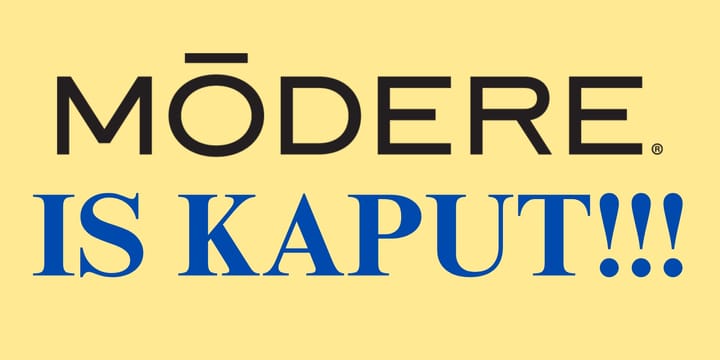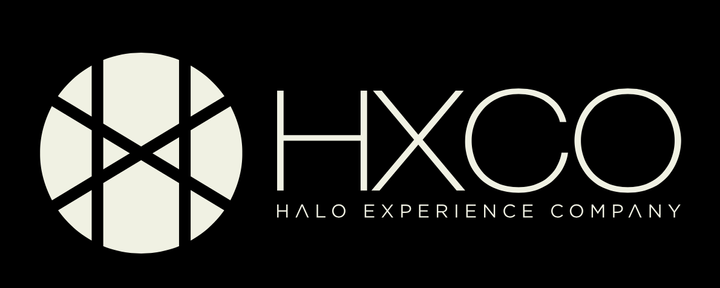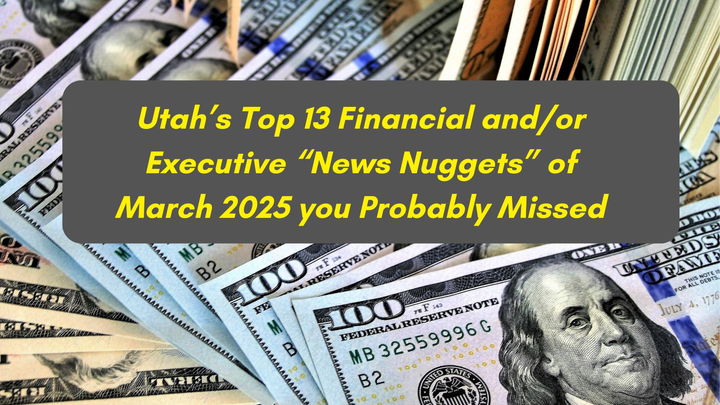ANALYSIS: Overstock's $21.5 Million Bet Drives a 22% Pop in its Stock Valuation - In Under 24 Hours

With news last Thursday that Bankruptcy Court had approved Overstock's $21.5 million "Stalking Horse Bid" to acquire the assets of Bed Bath & Beyond, the price of OSTK shares jumped from $21.19 to $25.87 in less than a day, boosting Overstock's valuation by over $212 million, a 10X ROI on monies bid vs. the value of the company.
Although its $21.5 million Asset Purchase Agreement was formally approved on 12 June 2023, news reports did not break until last Thursday that Overstock (NASDAQ:OSTK) was the successful bidder to acquire "certain assets" of now bankrupt Bed Bath & Beyond (OTC Pink:BBBYQ).
Once that happened, however, the share price of Overstock jumped to a Thursday afternoon high of $25.87, a 22% boost from its close on Wednesday of $21.19 per share.

In other words, by pledging $21.5 million and dropping $2.15 million into escrow, Overstock grew its valuation by $212 million to $1.169 billion, a pop of over 10 times ... in under 24 hours.
Since then, the OSTK stock price has retreated, finishing at $23.06 per share at market close yesterday.
However, barring some unforeseen craziness, Overstock's acquisition of said Bed Bath & Beyond is a done deal, one that's scheduled to close no later than 3 July 2023, at least according to the U.S. Bankruptcy Court for the District of New Jersey which has approved the transaction.
Overstock: A Brief History + Some Final Thoughts about the Bed Bath & Beyond Purchase
Clearly, I suspect 99% of all Utahns at least know about Overstock.
This firm is one of the true pioneers of eCommerce, a 24-year-old Murray, Utah-based organization that got its start by buying up out-of-date and/or unwanted inventory at pennies-on-the-dollar and then reselling them online for a profit.
Overstock went public just three years later in 2002 and surpassed $1 billion in online revenue in 2010, after reaching profitability the year prior.
During its history, Overstock has not been without its challenges, however, with most of these difficulties driven by its clearly brilliant, if not lightning-rod-like founder (and initial CEO), Patrick M. Byrne; Byrne used the courts and the press to fight an ongoing campaign against "naked short sellers" that he and the firm claimed were working to hurt him and the firm by driving its share price down.
The legal aspects of this 10-plus-year fight stretched from 2005 to 2016, with virtually all cases ending in out-of-court settlements (as noted in the "Naked short selling controversy" section of this Wikipedia entry). For his part, Byrne resigned as CEO and board member in 2019.
Since September 2019, Overstock has been led by Jonathan E. Johnson III as its CEO, who joined the company in 2002 as its General Counsel and has risen through the ranks during his 22-plus years with the firm to his current position.
Under Johnson's steady-hand-leadership, the company has primarily focused its efforts on becoming the leading online seller of home furnishings, with sales of $1.9 billion in fiscal 2022 (ended 31 December). This represented a drop of 30% over the prior year, but also occurred under the framework of Overstock's now-completed two-year effort to sell-off all non-home merchandise from its site.
And to me, that's what is most compelling about Overstock's April 2023 decision to start a Stalking Horse campaign to acquire certain assets of Bed Bath & Beyond, including virtually all of its intellectual property, such as its brand name(s), websites, databases, and yes, inventory.
I believe this as a very clever undertaking, one that I suspect will reap big dividends for Overstock and its shareholders.
Bankruptcy notwithstanding, Bed Bath & Beyond actually has a pretty strong set of consumers, a loyal army of BB&B brand devotees, many of whom I believe will find it quite easy to transition to a completely online purchasing experience, assuming that Overstock can negotiate that play.
Obviously, this will not occur overnight. In fact, I suspect it will take upwards of a year to see the full benefits of the acquisition.
Hence, for my money, I would not bet against Overstock.




Comments ()